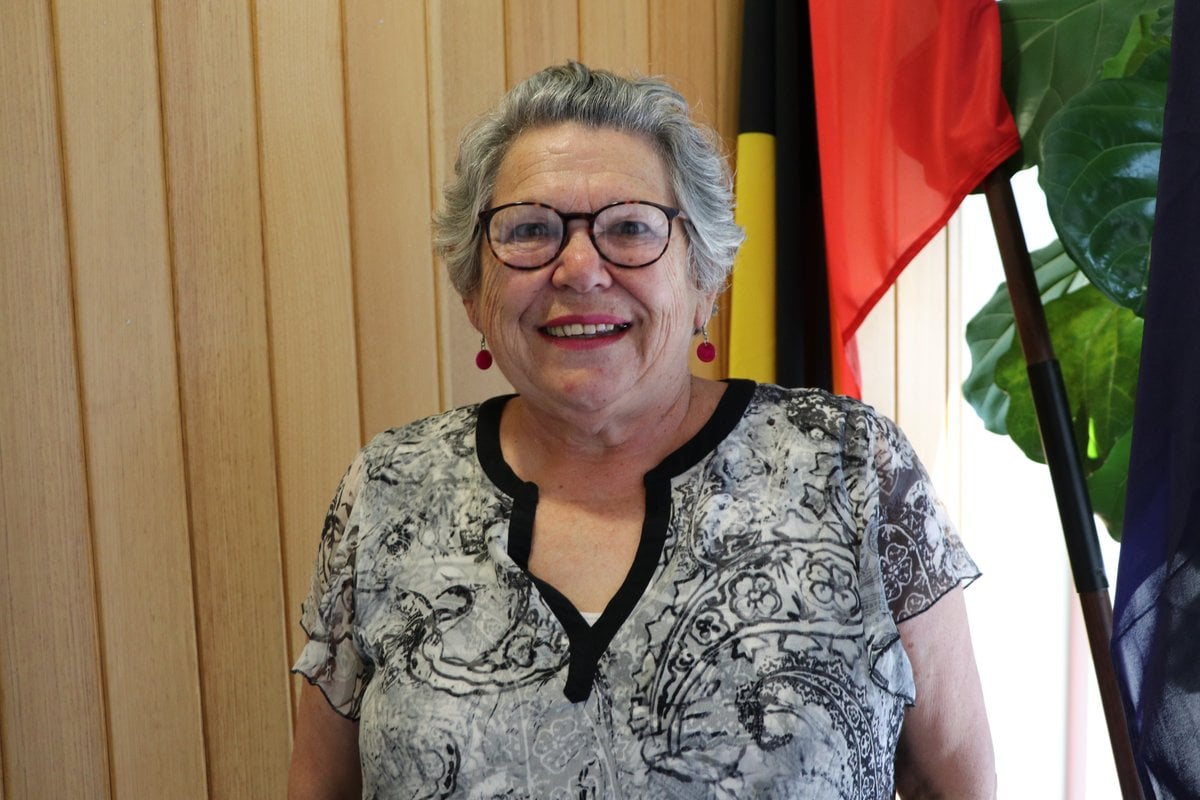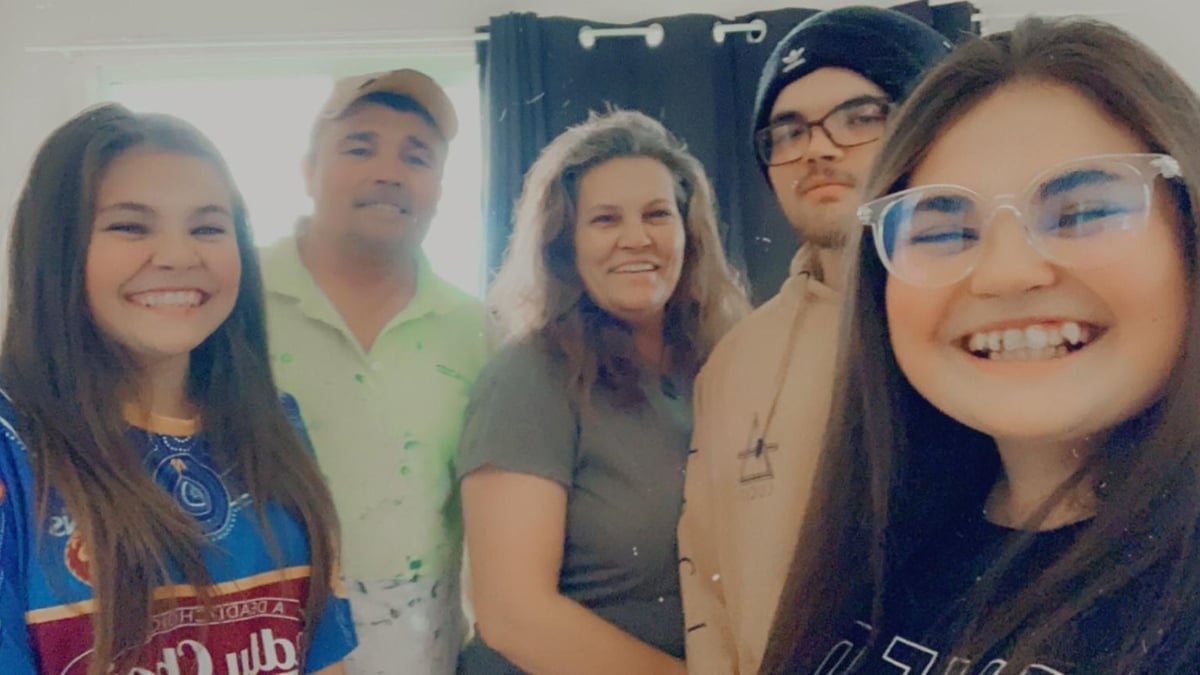
It takes a long time for Aboriginal and Torres Strait Islander women to love themselves. But it is only when you learn to love yourself that you can truly take care of yourself.
In 2004, after attending a routine breast screen, I knew there was something wrong. After a week without receiving any results from my mammogram, I followed up.
I was diagnosed with stage 4 breast cancer at the age of 48. I had a single mastectomy and live with that for the rest of my life, I am a survivor and still a sufferer.
Watch: Talk to your family about their health history. Post continues below.
It is still the most commonly diagnosed cancer in Aboriginal and Torres Strait Islander women, but what’s more concerning is that not a lot of these women survive. It’s a hidden disease that shows no symptoms until it has developed into a lump some time down the track.
Around the time of my diagnosis, there were no radiographers where I was. But if I had waited, who knows what the end result would’ve been?
I went through the experience alone and it was traumatic, something that I don’t want to see other Aboriginal or Torres Strait Islander women go through. Every two weeks I would take myself to chemotherapy, the most grueling and horrible experience with side effects that were harrowing. I would sit in the car after chemo until the side effects wore off then I’d drive myself home.



Top Comments